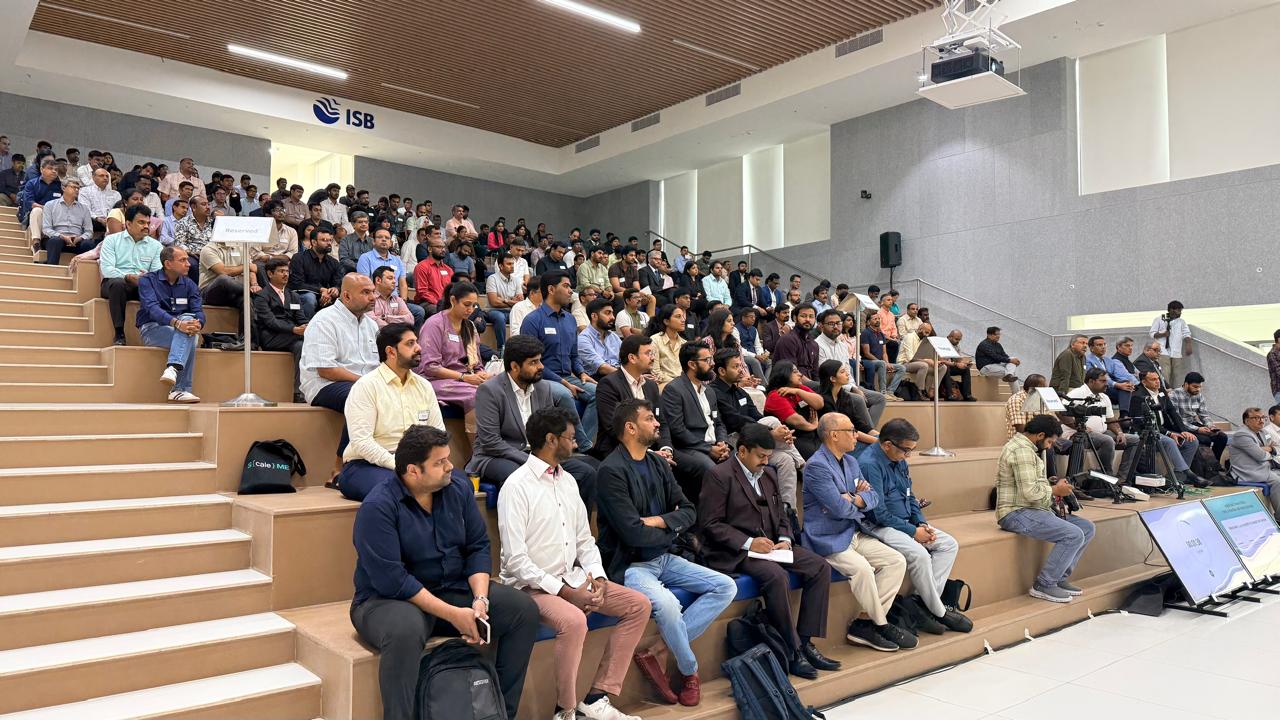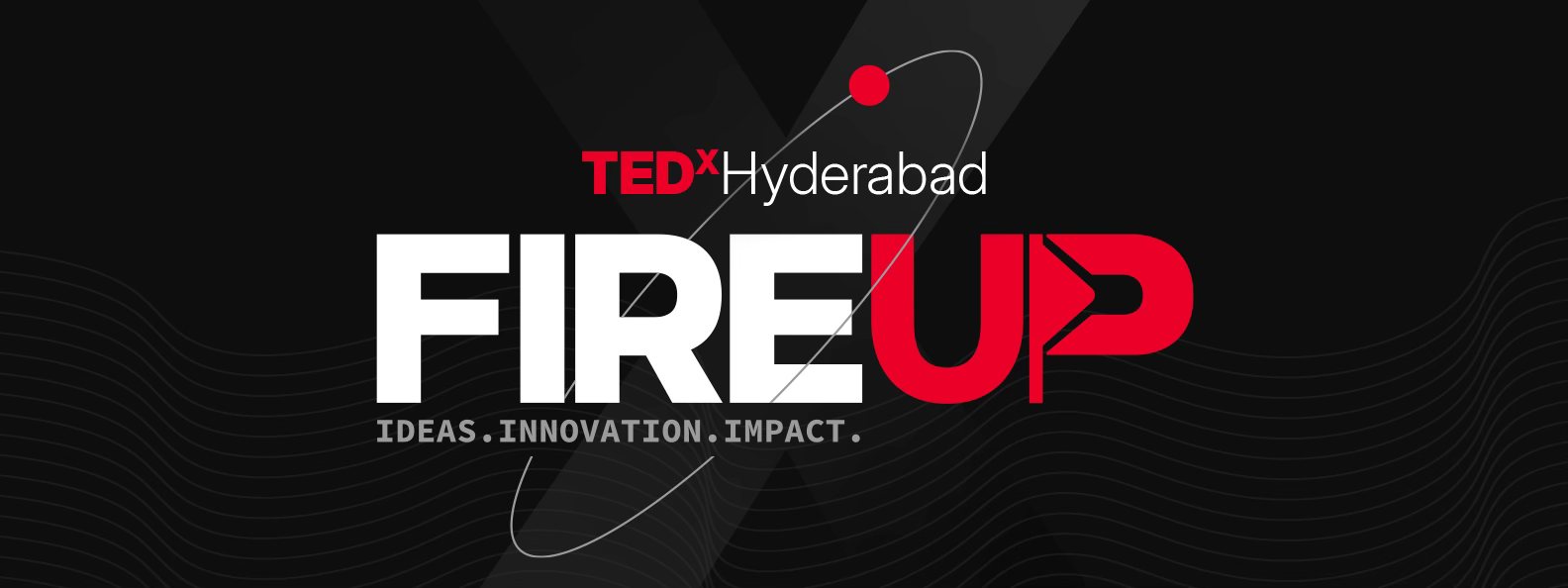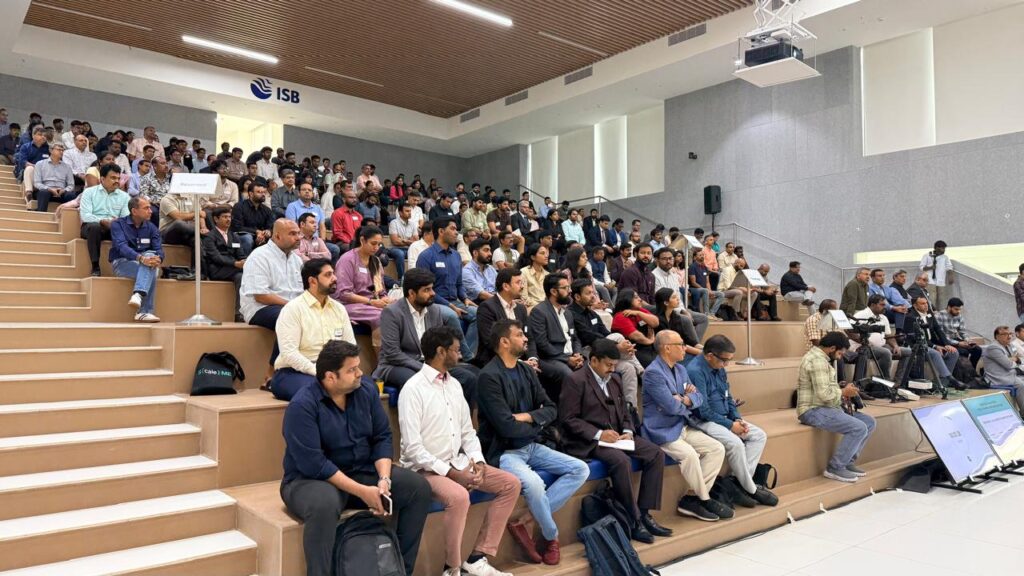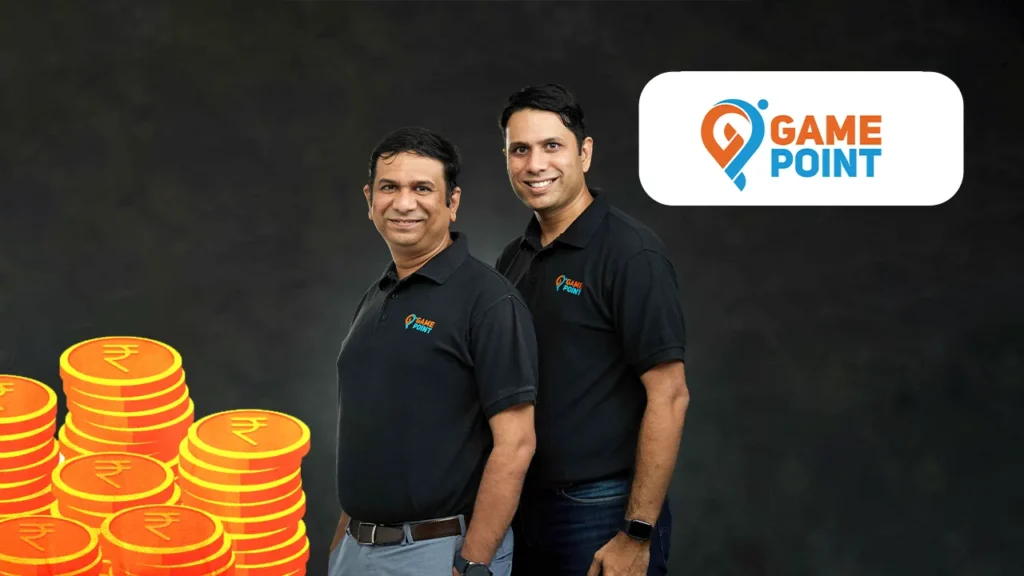Event promotion strategies are not as different from traditional marketing strategies as many people would like to think. These strategies both rely on great content, understanding your audience, and a smart promotion plan. When you”re planning an in-person event, to avoid making common marketing strategy mistakes, utilize all of these marketing methods to properly promote and sell out your event.
![]()
Are People Still Interested In Events?
Millennials get a bad rep for being obsessed with technology and many assume they would rather stay home scrolling on their phones instead of leaving the house to interact at an event, but research shows that 3 out of 4 millennials would rather spend their money on an experience rather than an item. Luckily for companies looking to host in-person events to build brand awareness and grow their user base, the millennial demographic makes up one-third of the population and are driving many economies, including the event economy, with their lifestyle choices and interests. So how can you create, promote, and host an event that satisfies this demographic?
Create a Seamless Vision and Message
When you”re planning your event, establish a singular, guiding mission statement. This will help you understand who you”re trying to reach, will keep you on-brand and relevant to those you”re trying to target, and will help your team recalibrate their efforts when they start wandering away from the why behind why you”re hosting an in-person event.
No matter what platform you utilize to promote your event, create one compelling message and use an integrated marketing approach. If each platform, whether digital or traditional, has its own messaging and tags, how will anyone know what your event is truly about? Utilize a single hashtag so people can search for information across multiple platforms, see what others are saying, and also follow along as you release more information about your event. In marketing, repetition can be a really good messaging strategy to help overcome the short attention span of digital users.
Develop a Robust Digital Presence
According to an online event promotion guide created by Eventbrite, the first four steps of your online event promotion strategy should include keyword targeting for SEO value, email marketing campaigns, developing an event page that sells, and a social media strategy that offers social proof to others and compels your attendees to share your event information. Eventbrite is an event technology platform that can help you sell tickets if they”re necessary and also help you promote your event by allowing attendees to RSVP, find out event information, and share.
When you”re developing your event pages, create content that helps sell it. This doesn”t mean only creating messaging for social media. Develop a content strategy to share why someone should want to come to your event. Share testimonials and photos from past events, write blog posts about the benefits of your event and what someone can plan to walk away with, and consider developing other types of media, like short videos and infographics.
Use Marketing Platforms to Expand Your Reach
There are so many platforms that can help you manage your events and overall marketing strategy. When you”re promoting an event, consider using MailChimp”s free service-level to send newsletters and promotion content to your email lists.
If you”re offering event-only specials on your products, consider using an event management software to plan and execute a seamless omni-channel experience that promotes your merchandise, event or service and reflects what a customer can expect in-person and online from your brand in the future.








